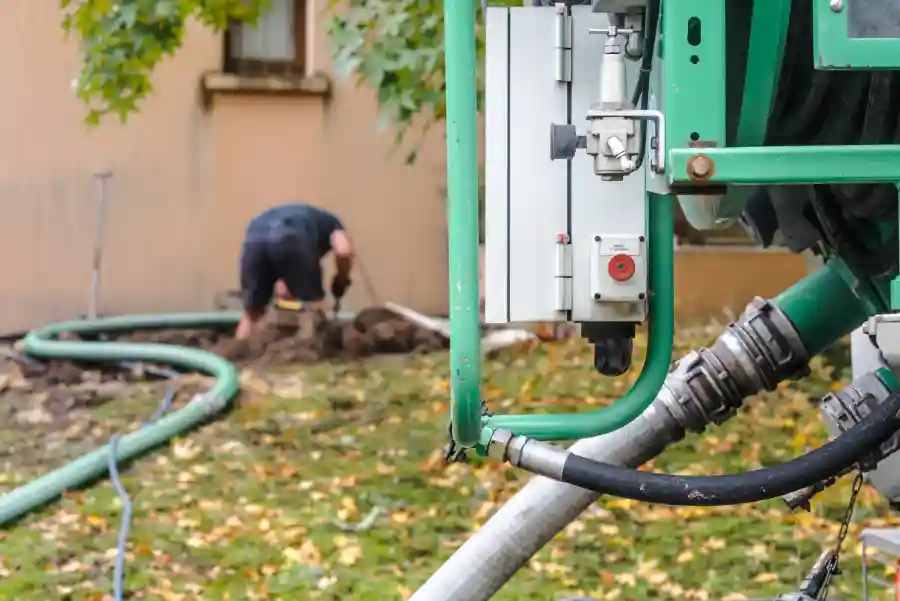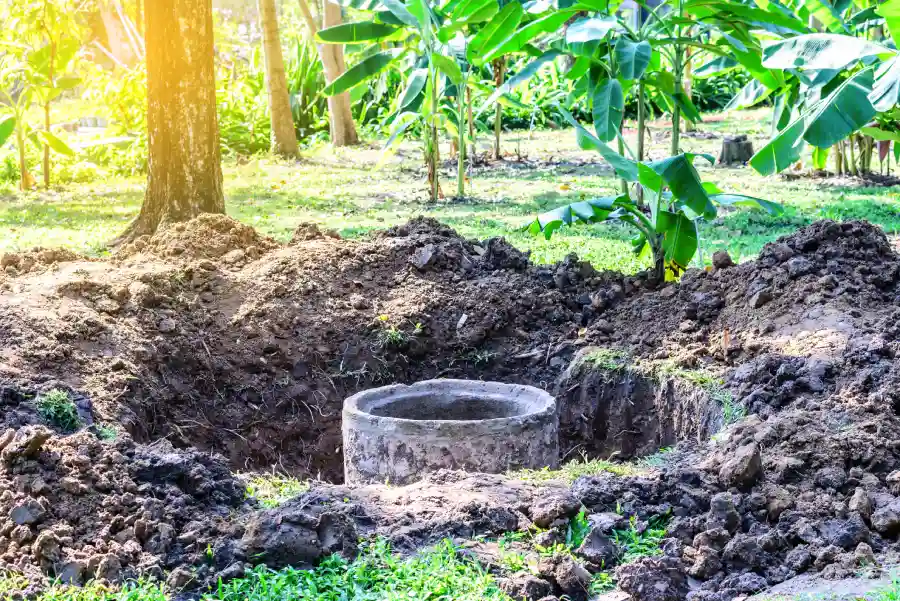Essential Steps to Ensure a Successful Evaluation
Getting ready for a septic tank evaluation is crucial for every homeowner. This process ensures that your system works efficiently and prevents potential issues. Understanding the steps you need to take helps in avoiding surprises during the inspection. Whether you’re selling your home or ensuring everything functions smoothly, prepping your property properly is vital. In this guide, we’ll explore how to get your property ready for an evaluation, focusing on essential tips and best practices.

Understanding the Importance of Preparation
Proper preparation can make all the difference during an inspection. It allows inspectors to assess the condition of your system accurately. Preparing involves checking accessibility, locating important parts, and clearing any obstacles. Without these steps, the inspector might face difficulties, leading to delays or inaccurate assessments. Ensuring your system is visible and accessible minimizes potential problems during a septic tank inspection.
Identifying Key Areas for Inspection
The inspector will examine several critical areas of your septic system. These include the tank itself, the drain field, and connecting pipes. Each component plays a role in the overall function of your system. Identifying these areas beforehand saves time and enhances accuracy during the evaluation. Make sure that access lids are visible and clear of obstructions, as this is crucial for the septic tank inspection.

Clearing Access Points and Pathways
One of the first tasks is to ensure clear access to all necessary points. Inspectors need easy entry to manholes, covers, and distribution boxes. Clear away grass, plants, or debris from these areas before the inspection day. Creating a direct path reduces time spent by inspectors searching for these components. It simplifies their job and results in a more efficient evaluation.
Checking for System Integrity
A thorough check of your system’s integrity provides peace of mind. Look out for signs of leaks, erosion near the drain field, or slow draining fixtures inside your home. These signs could indicate underlying issues that might affect your system’s performance. Addressing these problems ahead of the inspection ensures reliability and avoids unpleasant surprises.
- Inspect tanks and lids for cracks or damage
- Check drainage fields for soggy patches indicating leakage
- Ensure pipes do not show signs of blockage or breaks
Informing Household Members
Notifying everyone in the household about the upcoming inspection is key. Advise them to avoid heavy water usage on that day, like laundry or long showers. Reducing water flow helps maintain optimal conditions during the assessment. It assures accurate readings and a smooth inspection process without unnecessary disruptions.
Hiring Qualified Professionals
Selecting experienced professionals ensures quality service and insights into maintaining your septic system. Research local experts and read reviews to find reliable services. Professional inspectors bring expertise and tools necessary for thorough evaluations. Their assessments provide valuable feedback that helps in prolonging your system’s lifespan and efficiency.
- Research qualified inspection companies
- Confirm their certifications and experience
- Read customer reviews for past service satisfaction
Following up After the Inspection
After completing the evaluation, following up on findings is crucial. Review the inspector’s report carefully and act on any recommendations they provide. Implementing suggested repairs or maintenance prevents future issues. Regular inspections and proper follow-ups keep your system running smoothly for years to come.
Your Reliable Septic Services Partner
If you’re looking to ensure exceptional care, contact us at (850) 332-9855. Based in Tallahassee, FL, our team delivers top-notch inspections tailored to meet your needs. At Joe Mack Septic, we specialize in providing expert advice and maintaining systems efficiently for lasting operation.